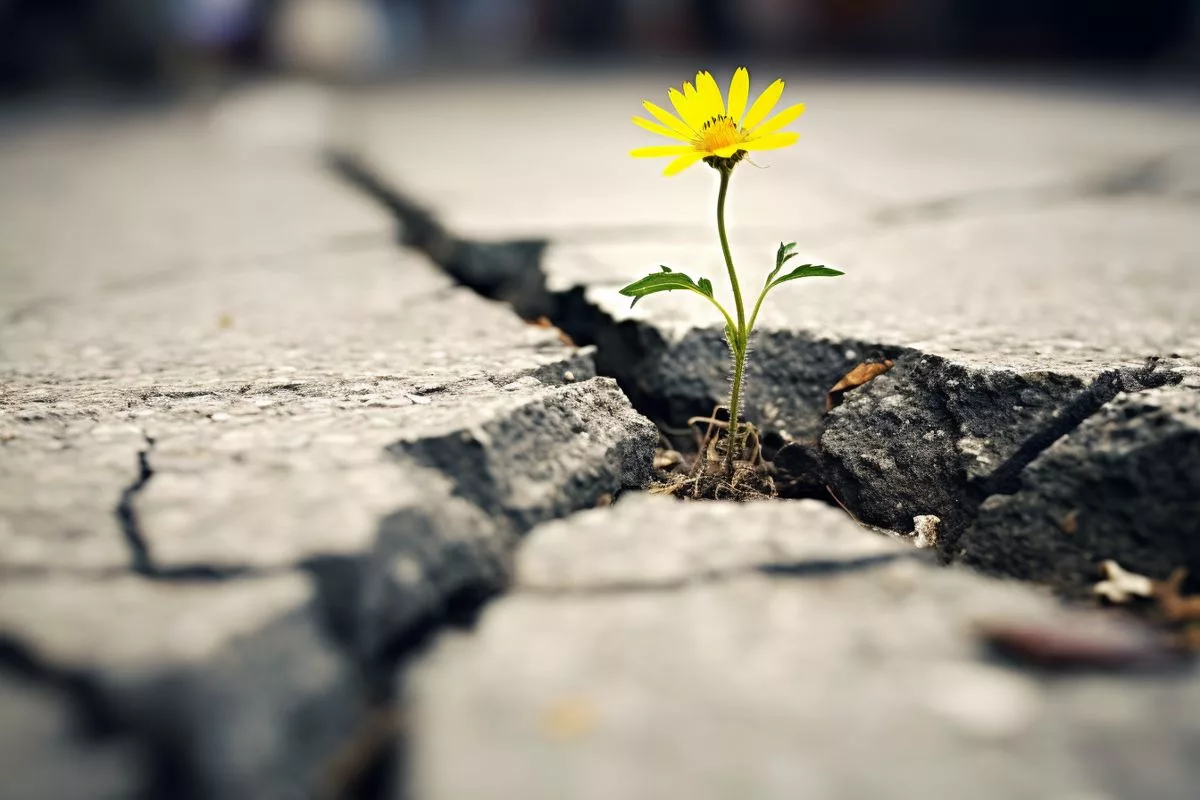South Africa is taking significant steps to combat climate change by introducing effective laws, implementing nature-oriented solutions, and investing in environmental programs to generate jobs and boost climate resilience. The nation’s focus on food security also addresses the implications of climate change on this issue. Collaboration is seen as essential to reducing input expenses and diversifying market access for all types of farmers. The challenge of climate change highlights the urgent need for united efforts to ensure a sustainable future.
How is South Africa combatting climate change?
South Africa is taking a comprehensive approach to combat climate change, with a focus on harnessing legislative power to formulate effective laws. The nation has introduced the Climate Change Bill and implemented the Carbon Tax Act of 2019 to encourage eco-friendly business practices. Additionally, South Africa is implementing nature-oriented solutions and investing in environmental programs to generate jobs and boost climate resilience. However, to fully shift to a low-carbon future, the nation requires significant funding for the Just Energy Transition. South Africa’s focus on food security also addresses the implications of climate change on this issue. Collaboration is seen as essential to reducing input expenses and diversifying market access for all types of farmers.
Harnessing Legislative Power to Combat Climate Change
The South African representatives at the Climate Change Conference of Parties (COP28) in Dubai have underscored an essential milestone in our journey of preserving our future: the formulation of comprehensive laws. As the planet confronts the escalating menace of climate change, the formulation of effective laws is surfacing as a potent instrument to assure a sustainable future and restrain the global temperature increase below 1.5°C.
The representative team underscored that thorough laws provide a consistent structure for climate change initiatives. This structure sets explicit goals, delegates responsibilities, and lays down deadlines for reducing emissions and implementing adaption strategies.
To further amplify its dedication to climate change initiatives, South Africa introduced the Climate Change Bill, marking a historical precedent for the nation. This law is designed to streamline the country’s initiatives towards mitigating the effects of climate change and escalating preparedness and resilience to climate-related disasters.
Moreover, the Carbon Tax Act of 2019 exemplifies the tactical use of laws to encourage eco-friendly business methods and innovations in climate-resistant technologies. This legal provision also aids in securing climate finance, a vital aspect in combatting climate change.
Implementing Nature-Oriented Solutions for Climate Resilience
South Africa is also demonstrating its commitment to boost climate resilience through nature-related solutions. The nation has adopted a diversified approach, ranging from rehabilitating wetlands to absorb floodwaters to planting 10 million trees to curb soil erosion and absorb carbon dioxide.
Notably, the nation has assigned $139 million to environmental programs intended to eliminate 1.2 million hectares of intrusive alien plants over the next five years. These schemes not only mitigate the risks of fire and water loss but also generate jobs, showcasing the potential of climate initiatives to catalyze socio-economic development.
Paving the Way for a Resilient and Low-Carbon Future
However, for South Africa to fully shift to a resilient and low-carbon future, it requires $106 billion for the Just Energy Transition. This emphasizes the significance of a thorough legal framework that mobilizes finance, advocates for nature-oriented solutions, and encourages collective action across all societal sectors. Hence, legislators hold a crucial role in shaping this framework and aligning it with the nation’s development objectives while acknowledging the urgency of the climate crisis.
Climate Change and its Implications on Food Security
The threat of climate change goes beyond its environmental repercussions. It carries serious consequences for food security, an issue that South Africa is actively tackling with various policies, including the National Development Plan.
The South African government is undertaking comprehensive measures to guarantee food security. From aiding small-scale farmers to enhance food production to offering school nutrition programs and social grants, these schemes are designed to establish a safety net for impoverished communities and augment their food accessibility.
However, there are still persistent gaps in the country’s food policy landscape. These include unequal access to agricultural support, inadequate growth of climate-smart agriculture, and a lack of gender sensitivity in interventions.
The Importance of Collaborations
The South African representative team has acknowledged the vital role of collaborations in reducing input expenses, enhancing access to processing infrastructure, and diversifying market access for all types of farmers. The transformation of the food system to minimize food losses across the entire food supply chain has been advocated, underlining the need for a united effort in fighting climate change.
In a time where climate change jeopardizes our future, South Africa’s strategy of pushing through effective legislation, promoting nature-oriented solutions, and ensuring food security provides a guide for other nations. Through the power of legislation and collective action, we can adapt, survive, and prosper in a climate-altered landscape.
1. How is South Africa combatting climate change?
South Africa is taking a comprehensive approach to combat climate change by introducing effective laws, implementing nature-oriented solutions, and investing in environmental programs to generate jobs and boost climate resilience. Collaboration is seen as essential to reducing input expenses and diversifying market access for all types of farmers.
2. What legislative power is South Africa harnessing to combat climate change?
South Africa is formulating effective laws to combat climate change, as seen in the introduction of the Climate Change Bill and the implementation of the Carbon Tax Act of 2019 to encourage eco-friendly business practices.
3. How is South Africa implementing nature-oriented solutions for climate resilience?
South Africa is adopting a diversified approach, ranging from rehabilitating wetlands to planting trees, and has assigned $139 million to environmental programs intended to eliminate 1.2 million hectares of intrusive alien plants over the next five years.
4. What is the Just Energy Transition, and how does it relate to South Africa’s shift to a resilient and low-carbon future?
For South Africa to fully shift to a resilient and low-carbon future, it requires $106 billion for the Just Energy Transition. This emphasizes the significance of a thorough legal framework that mobilizes finance, advocates for nature-oriented solutions, and encourages collective action across all societal sectors.
5. What are the implications of climate change on food security in South Africa?
The threat of climate change carries serious consequences for food security, an issue that South Africa is actively tackling with various policies, including the National Development Plan. However, there are still persistent gaps in the country’s food policy landscape.
6. Why is collaboration seen as essential in South Africa’s fight against climate change?
Collaboration is seen as essential to reducing input expenses, enhancing access to processing infrastructure, and diversifying market access for all types of farmers. The transformation of the food system to minimize food losses across the entire food supply chain has been advocated, underlining the need for a united effort in fighting climate change.








